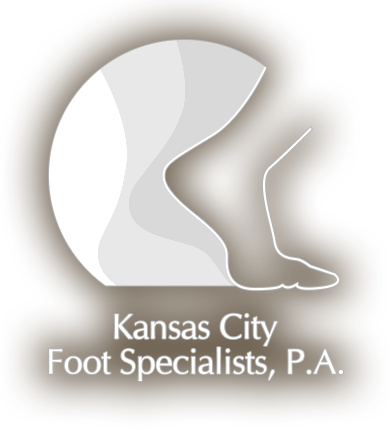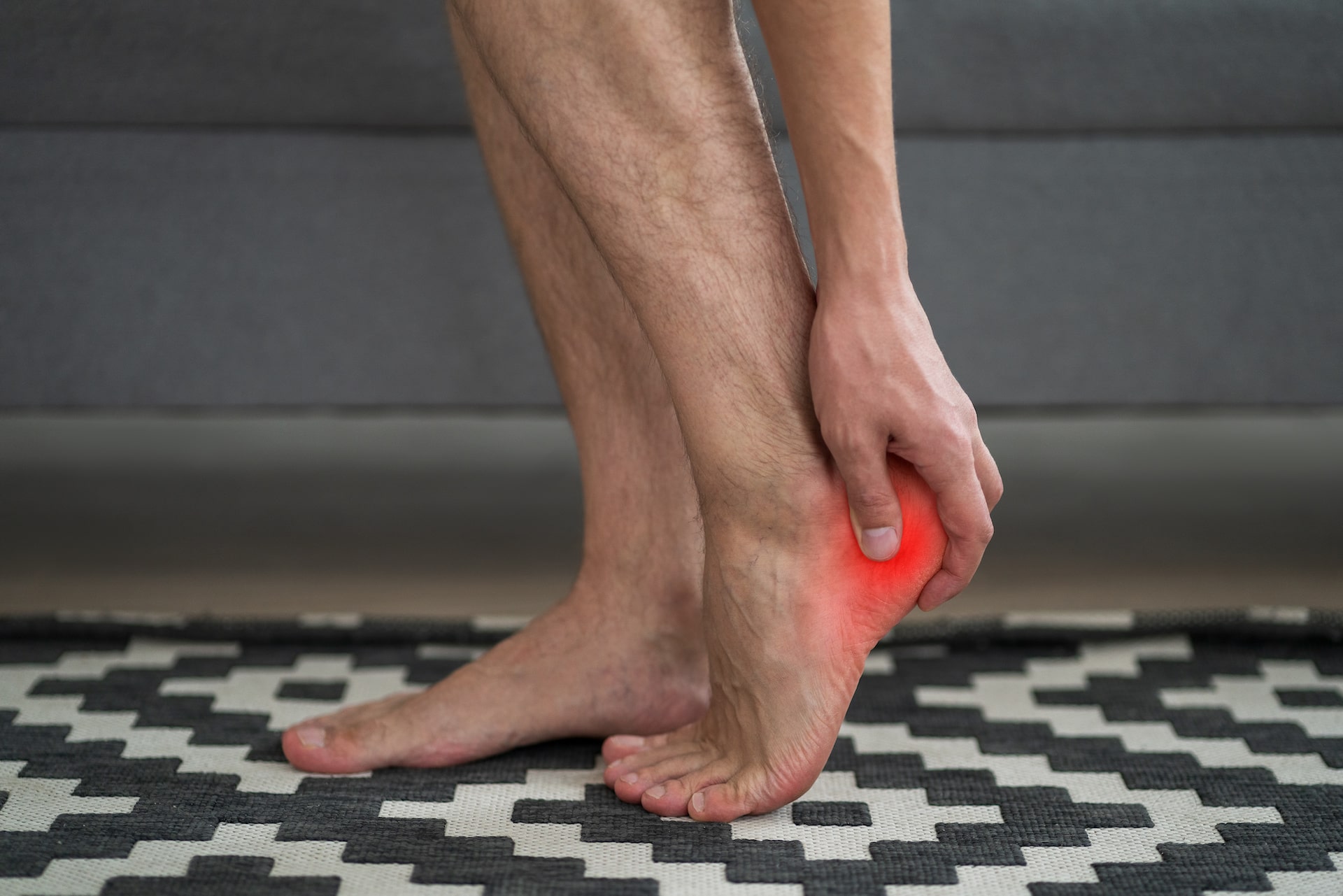Runners struggle with injury
The thought of slowing down or shortening your runs may make you cringe. Even the thought of taking time off could make you shudder in misery. If that’s the case, then you aren’t alone. Perhaps you have built running into your lifestyle, or perhaps you’ve built your lifestyle around running. Either way, as a runner, you are dedicated to your routine, and taking time off from running simply won’t play into your plan.
Risk factors and injuries
Runners are dedicated, and dedication is sometimes associated with a few drawbacks. Many runners are nearly rabid in their commitment to a favorite brand or style of running shoe — even if the shoe is a poor design, or unfit for a runner’s feet and strike pattern. Wearing the wrong athletic shoes can often increase the risk for injury. Many runners also overtrain and add too many miles to their routine before they’re physically ready. Overuse injuries are extremely common among runners, especially if they increase their mileage more than the recommended 10 percent maximum per week. Additionally, many runners engage in plyometric exercises to build power and strength. While plyometrics can be a great addition to training as a runner, poor form often leads to injury.
If you are a runner, it’s likely you may have suffered from a running injury at some point. Here are the top five running injuries and their symptoms.
Knee pain / patellofemoral pain syndrome (PFPS) / iliotibial band syndrome (ITBS)
PFPS often feels as if the knee is giving out, and you may hear or feel creaking, grinding, or crackling when moving your knees. Knee pain typically increases when going up or down a flight of stairs or on a hill. ITBS leads to pain along the outer edge of the knee and up the side of the thigh, and often feels like a deep ache or burning. In some cases, you may even experience swelling along the line of pain.
<h3
Achilles tendon injuries can range from mild to severe — often resulting in pain from the heel to the back of the ankle, and into the lower portion of the calf. Symptoms may vary depending on the severity of the injury and whether the injury is gradual or sudden, such as with an Achilles tendon tear. Sudden, severe pain in the Achilles region or an inability to put weight on the affected foot normally requires a visit to your podiatrist as soon as possible so they can determine whether you have torn the tendon. This is a serious condition that often requires surgery. For overuse Achilles pain, symptoms typically begin gradually along the back of the foot and extend into the lower portion of the calf. The pain from overuse may start out as mild, but can become progressively worse.
Stress fractures
Stress fractures often occur due to overuse and from adding too much mileage too soon. Stress fractures may cause localized pain that doesn’t go away. Unfortunately, these fractures are so small that they are not always visible on regular x-rays, which can make them difficult to diagnose.
Medial tibial stress syndrome
Almost all runners experience medial tibial stress syndrome at some point, but what is it? Simply put, medial tibial stress syndrome is also known as shin splints. If you begin to feel an aching pain develop along the inner edge of the front of your shin, you may have this extremely common malady.
Plantar fasciitis
Plantar fasciitis is the arch nemesis of many runners. This nagging condition affects the bottom of the foot, and only seems to appear when you start walking, especially when you first get up in the morning. The pain typically extends into the heel and is extremely uncomfortable, and can only be temporarily relieved with rest.
Do you recognize your foot aches and pains in one or more of these five descriptions? If so, schedule an appointment with your podiatrist at Kansas City Foot Specialists right away. The sooner we evaluate your needs and create a treatment plan for you, the sooner you’ll be back to your regular running routine. We offer comprehensive foot care for runners and non-runners alike and offer technologically advanced treatments, including extracorporeal shockwave therapy for heel pain — a noninvasive treatment option that provides significant relief after your first session. Call us today at (913) 338-4440 to schedule your appointment.



